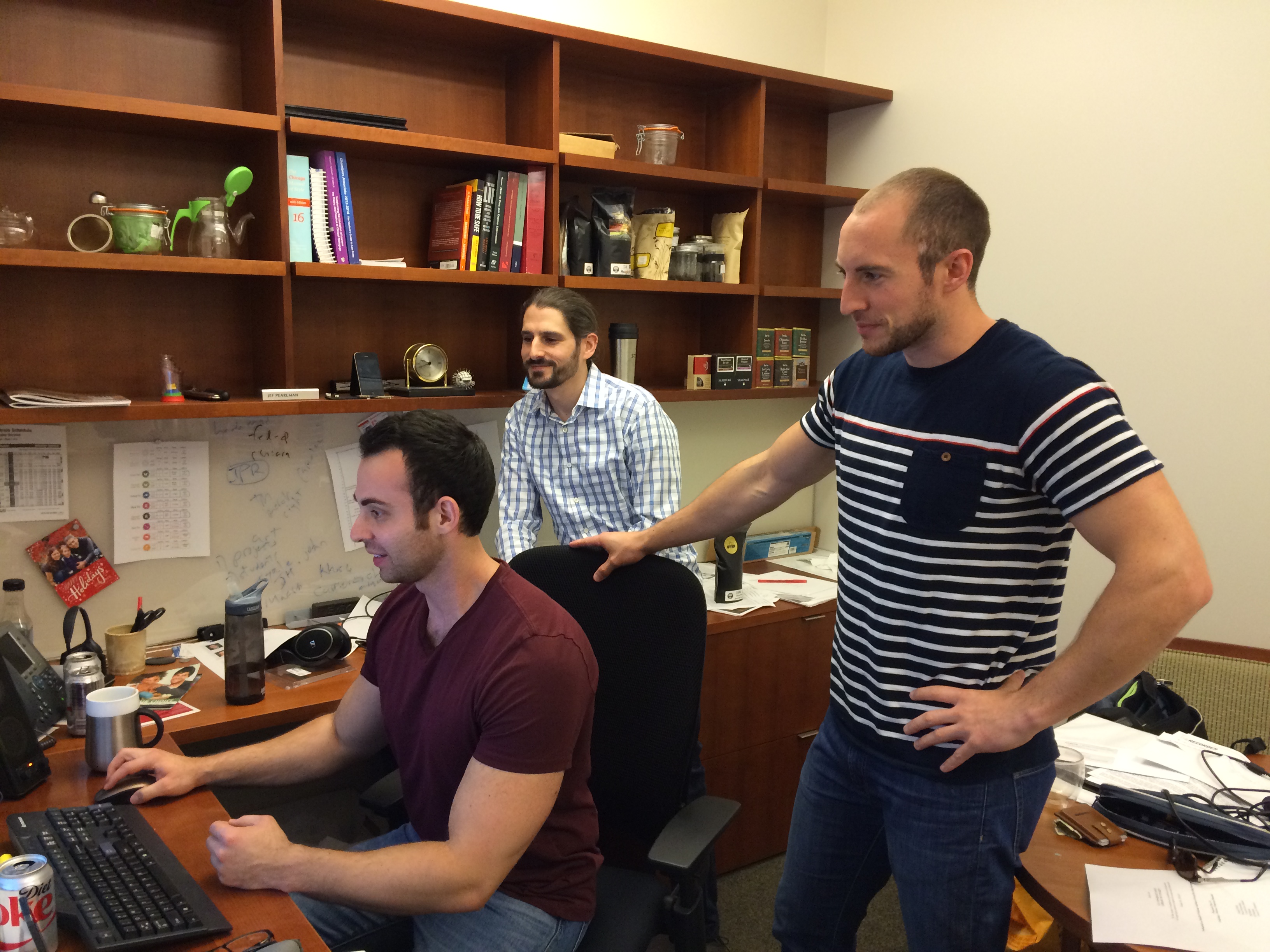Juelsgaard IP and Innovation Clinic: A Day in the Life
Please join me in welcoming Brian Weissenberg (JD ’16) as a guest MLC blogger. As a student attorney in the Juelsgaard Intellectual Property and Innovation Clinic last quarter and as a current participant in the Advanced Clinic, Brian shares details of one particular day in his life in the clinical program.

9:00 a.m. — I prepare for three client calls to discuss, among other things, the adverse impact that the Digital Millennium Copyright Act (17 U.S.C. § 1201) has had on their ability to “unlock” used cell phones for use by consumers. Specifically, accessing your phone’s underlying software to unlock the phone for use on another mobile carrier is a potential violation of the anti-circumvention provisions of Section 1201, so our clients (recyclers of used phones) need a specific exemption from the Copyright Office in its triennial rulemaking to be able to make unlocked phones available to customers in the market. Our comment seeking this exemption, which I’ve been working on for the last several weeks, is due in four days, so it’s critical that we get these last bits of evidence.
10:00 a.m. — We have three client calls back-to-back-to-back. We gain some useful evidence, particularly a powerful story about how the DMCA cost a particular company hundreds of thousands of dollars on a single deal because it was no longer able to unlock the phones it lawfully acquired. In an ideal world we’d have more of these stories in our comment, but there are some business sensitivities that limit how much some companies feel they are able to go public with such concerns. Even though I know our comment could be stronger with more stories, I learn that protecting the client’s interests sometimes means not using every helpful bit of information in the actual work product.
12:30 p.m. — I take a lunch break and decompress by watching a bit of TV at home. The rest of the day will involve legal research, so I try to reset my mind. Re-watching an episode of Firefly is good for that.
1:30 p.m. — I conduct some final legal research on whether an owner of a mobile phone is also the legal owner of the copy of the software within the phone (not to be confused with the copyright in the software itself!). The Copyright Office appears very interested in this argument, because if the phone owner also owns the underlying software copy, the owner may be legally allowed to unlock the phone pursuant to 17 U.S.C. § 117 (which allows software copy owners the ability to modify their software under certain circumstances). Trouble is, there is a major circuit split on the issue of software ownership, and I need to make the case to the Copyright Office that the case law justifies it coming out in our client’s favor under either framework.
Curveball: We just decided that I also need to develop the argument that unlocking a mobile phone is a fair use under 17 U.S.C. § 107, and I have three days to do it. To our knowledge no one has properly articulated this argument to the Copyright Office before our comment. No big deal.
3:30 p.m. — I meet with Joe Dollin, my partner on the project, to discuss our daily progress and next steps. These meetings are key to keep us both on track, since we only had about four weeks to conceptualize and write two very complex, 25-page comments.
5:30 p.m. — I go home for dinner and start thinking about the fair use argument in the abstract. It hits me that this is just like prepping for an exam. Only this time consumers’ access to technology, and people’s livelihoods, are potentially at stake.
———————–
Interested in learning more about the Juelsgaard IP & Innovation Clinic? Check out the clinic website.
